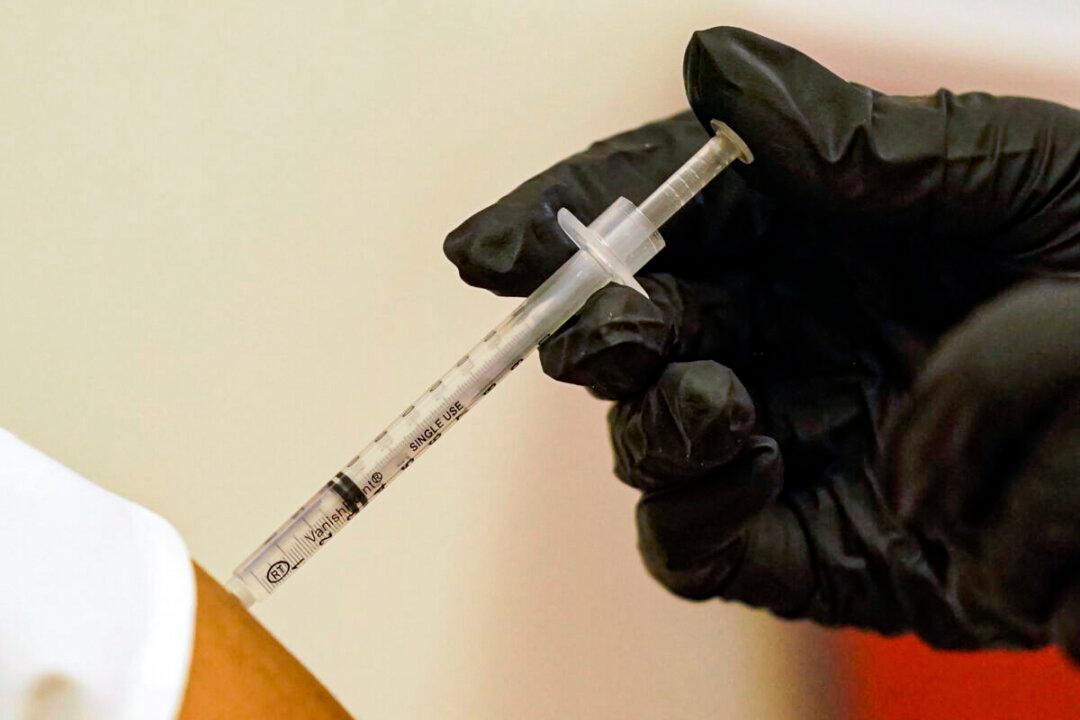U.S. drug regulators on March 29 announced they’ve granted emergency authorization for a second booster of the Pfizer and Moderna COVID-19 vaccines
The Food and Drug Administration (FDA) is allowing a fourth dose of the jabs to all Americans aged 50 and above.





